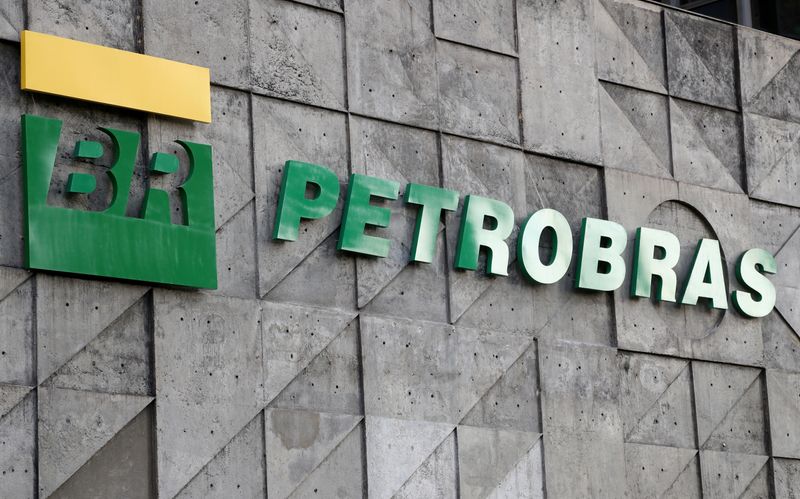By Sabrina Valle
SAO PAULO (Reuters) - Brazilian oil company Petrobras (SA:PETR4) said on Monday it will open another round of bidding for its Repar refinery in the state of Parana after receiving binding offers that were too similar in value.
The new round starts as Brazil's Supreme Court considers blocking Petrobras' sale of Repar and other refineries, with justices set to rule on the matter by Friday.
Petroleo Brasileiro SA, as the state-controlled company is formally known, must follow specific legislation aimed at keeping asset sales competitive, including that bids be different. Sales also fall under scrutiny of governmental entities.
The company considered the offers low and is asking bidders to raise their prices for the Parana state refinery, according to two people involved in the negotiations who declined to be named as information is private.
Even if the Supreme Court approves the sales, Petrobras doesn't rule out keeping the asset if prices don't meet the minimum range set by its internal technical team, the people said.
Petrobras said in a statement on Monday that three separate groups led by Ultrapar (SA:UGPA3), Raizen and China's Sinopec (NYSE:SHI) are part of this phase of the competition. The producer did not give any details about the companies' bids. The prices are highly secret in this phase of the competition.
Repar is Brazil's fifth largest refinery, able to process 208,000 barrels per day, or 9% of the country's capacity.
Petrobras has been trying to sell refineries since at least 2012 with no success, and still produces more than 98% of fuels in Brazil.
Lack of buyers for fear of fuel price interference, restrictions by an audit court and anti-privatization movements have prevented sales in the past. More recently, Congress and the Supreme Court have also raised impediments.
The winner of this phase of the Repar competition would be able to exclusively negotiate the contract terms with Petrobras, a process which can take months.
According to Petrobras' internal rules, if the contract terms substantially change after the negotiation, which often happens, the oil company would need to call back competitors for a third round of bids, based on price only.
